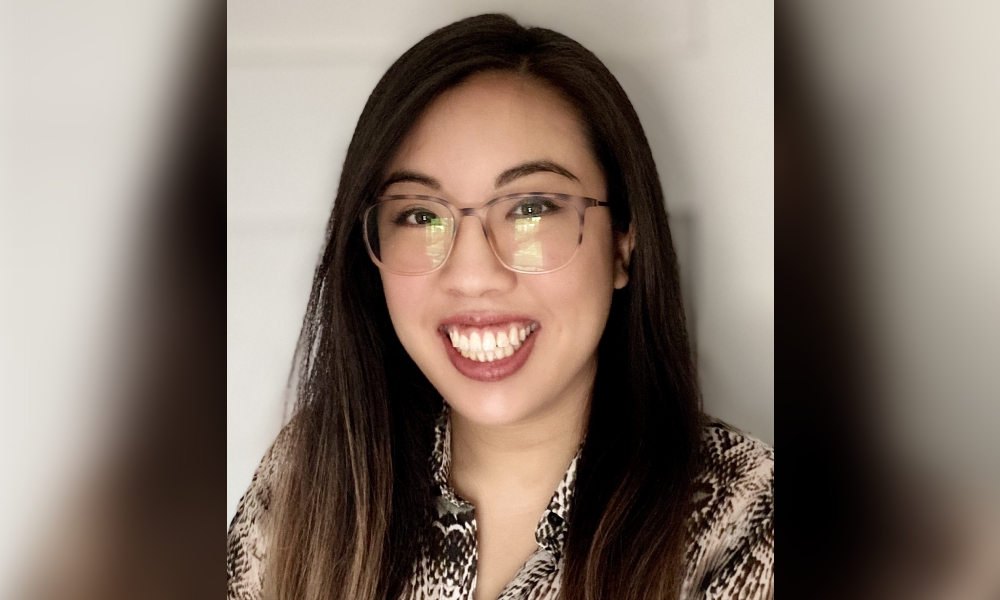
Program allows clinics to provide ‘wrap-around’ services without additional financial resources

While funding cuts and the COVID-19 pandemic squeeze the system, a new pilot at Scarborough Community Legal Services will examine how social-work students can enhance services in community legal clinics.
With a $75,000 grant from the Ontario Trillium Foundation, the pilot involves Scarborough Community Legal Services and West Scarborough Community Legal Services and will produce research findings in early 2021, proposing best practices for using social work student programs in legal clinics.
For nearly 40 years, SCLS has offered Scarborough residents services related to housing, income maintenance, employment and immigration. The inclusion of social workers allows SCLS to provide a “holistic” approach to legal aid services, said the SCLS.
This year, three placement students – two from the University of Toronto and one from Ryerson – served more than 50 clients helping with finding affordable housing, advocating for medical care and accessing mental health supports.
“Just by virtue of the fact that the type of legal services that we offer mean that folks who are coming to us are often in vulnerable positions. They have precarious housing, precarious employment or are underemployed. They may or may not have status in Canada, and so are ineligible for many of the services and benefits that are out there,” says Alicia Lam, staff social worker and project lead at Scarborough Community Legal Services.
“And that's where social workers can come in, they can take some of those issues on to support the client and really help the client to not just survive but thrive in a community… In addition to that, it helps the client focus more on their legal issue. Because if you're worried about where you're going to sleep or where your next meal is coming from, it can be very difficult to focus on the legal issue at hand. Even if, in the long term, it's a legal issue that's going to impact you the most.”
Last year, Legal Aid Ontario announced it would reduce funding to legal clinics by $14.5 million, as the provincial government cut LAO’s total budget by 30 per cent, or $70 million.
One goal of the pilot is to find out if social work students can allow clinics to incorporate social services without needing additional financial resources, says Lam. Social workers have been part of the legal clinic system for 20 years, but most clinics lack access to them, she says.
While clinics are squeezed by LAO budget cuts, the COVID-19 pandemic has put pressure on the clinics’ clientele, says Lam. In March, food banks, home care, hot-meal drop-offs, social programming and other services were shut down or began operating at limited capacity. Fortunately, grass-roots, community led initiatives popped up to fill some of the gap, she says.
“It's been really inspiring to see how people come together,” says Lam.
In a SCLS announcement, MPP for Scarborough-Guildwood Mitzie Hunter said her office routinely refers constituents “experiencing complex problems” to SCLS. “Community legal clinics are at the front line helping vulnerable people, ensuring that everyone has fair access to justice regardless of their economic means or background. There is a high degree of need for services in the community,” Hunter said.